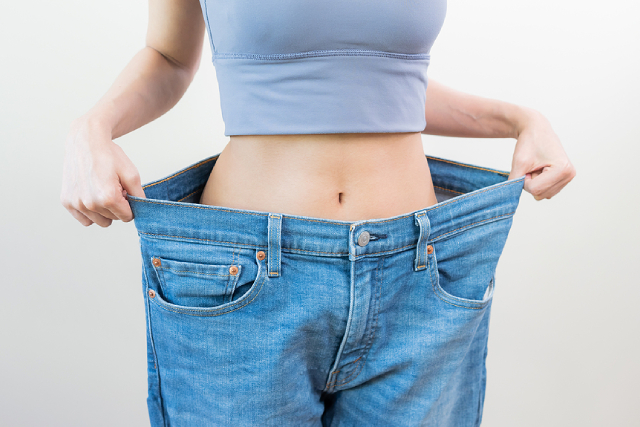
The Effects Of Blue Light And Sleep Quality On Your Weight
In the past few years, there have been talks about the adverse effects blue rays have on your body. As the biggest source of blue rays, the sun is made up of violet, indigo, blue, green, yellow, orange and red rays. Blue light exposure you receive from screen devices are relatively small compared to its biggest source, but it still bears long-term effects that may be challenging if you wish to revert.
There have been many discussions on the negative consequences on one’s eyesight after prolonged exposure to blue light, but what about your sleep?
A 2019 study was published in the JAMA Internal Medicine Journal and it revealed that having the television switched on throughout your sleep is actually bad for your health. It may seem insignificant, but the findings are not to be understated.
Blue Light Affects Circadian Rhythm
Your body has a natural clock that prompts your body’s preparation for the start and the end of each day. These swings are also known as the circadian rhythms and they vary from one person to another.
For the better or worse, blue light regulates our circadian rhythm. Exposure to blue light helps to maintain a healthy circadian rhythm – which justifies the need for sun exposure to get proper sleep – but too much may be detrimental to your sleep cycle. When you rely on the television to lull you to sleep or have the habit of spending time on your phone before you drift off, it disrupts your circadian rhythm. This can easily translate to sleep issues and extreme fatigue, amongst many other things.
It Disrupts Your Sleeping Patterns
Apart from messing up your circadian rhythm, blue light will disrupt your sleep patterns by boosting your alertness. This will force your body to stay awake even after you’ve switched off your devices. It’s especially worse for those who rely on their television as white noise as they drift off to sleep. Even if you’re not fully conscious, your brain will still actively pick up the sounds and information from the programs, thus rendering your sleep shallow at most. When you don’t get a full sleep cycle, you’re not giving the body a chance to rebuild and repair.
Increase Your Cortisol Levels
In the off chance that you don’t get to complete all 5 stages of sleep, you are also robbing your body the opportunity to recover. When the exhaustion and stress levels are not resolved, it will be brought forward to the next day. Furthermore, your body will release more cortisol to handle your stress, which will trigger higher blood sugar content in order to help you fight or flee the stressor. Unfortunately, you can’t do either since you’re not awake. Moreover, a high cortisol level may also trigger type-2 diabetes.
You Are Likely to Eat More
When your sleep is disrupted, your hormones will undergo a change. There will be an underproduction of the hormone leptin, specifically. This is a red flag as leptin suppresses appetite and encourages the body to use up energy stored in the body. Unfortunately, not only will sleep deprivation reduce the production of leptin, but it will increase the production of the hormone ghrelin. The ghrelin hormone is responsible for your hunger pangs. This spells bad news as not only will it translate to imminent weight gain, but it will also render your slimming treatments ineffective.
Conclusion
The good news is, you can easily avoid artificial blue light emission! Start by switching off all your screen devices, which includes your computers, phones and television. Leave 30 minutes or so in between before you prepare for your sleep. If you’re looking to lose weight and experience better sleep. Traditional Chinese Medicine (TCM) is a great way to do so! TCM weight loss treatment will also look into your overall well being and they offer solutions such as Chamomile tea to help detox your body and has calming properties to aid in your sleep. Consult with our slimming experts at Slim Couture on the best way to tackle two issues at the same time!






